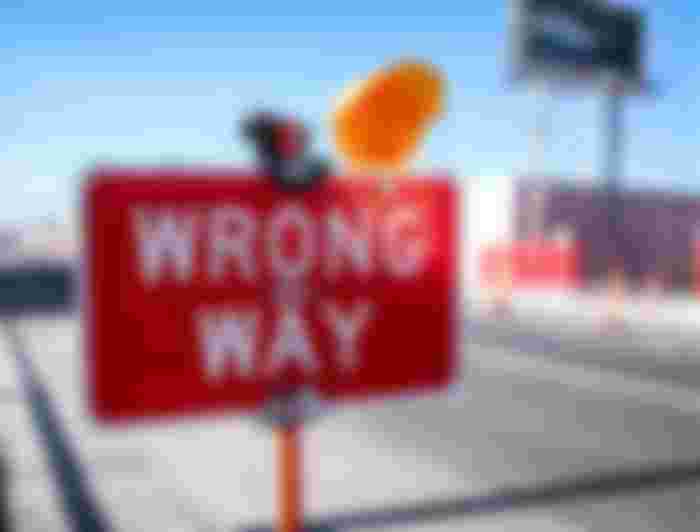Internet censorship is the control or suppression of what can be accessed, published, or viewed on the Internet. In countries like China, Russia, and Iran citizens are not free to express their thoughts on the internet. They have a censored web that blocks out information that is deemed as a threat to the government or security of their nation.
The idea behind this type of censorship is two-fold: protect the citizenry from harmful content and control what they see. In many cases, these nations fear that without censorship, there would be mass uprisings against their governments in an instant. This blog post will explore how censoring information online can create negative consequences for society in general by limiting access to knowledge and hampering economic development.

The first and most obvious impact of internet censorship is the curtailment of freedom of speech. When people are not free to express their opinions or share information, it stifles creativity and innovation. In places like China and Russia, bloggers and journalists have been arrested and jailed for writing about sensitive topics or criticizing the government.
This sends a clear message to the public that they are not allowed to speak freely about what is happening in their country. As a result, many citizens choose to stay silent out of fear of retribution.
In addition to limiting freedom of speech, internet censorship also hampers economic development. A recent study by the World Bank found that countries with high levels of internet censorship GDP per capita that was $1,445 lower than countries with low levels of censorship.

This is because the internet provides a wealth of information and allows people to engage in transactions more easily. If access to these services is limited, then it will be harder for companies and entrepreneurs to participate fully on the international stage.
Bans on YouTube, Facebook, Wikipedia and Twitter have also had an economic impact. Because large numbers of people use social media as their primary source of news, they would not be able to read about demonstrations like those happening in Hong Kong or Turkey if those websites were blocked.
By limiting online speech, governments are essentially preventing themselves from gaining more tax revenue from their citizens since those people can no longer sell goods and services online. Additionally,oring information deters foreign investment and harms tourism.

Ultimately, internet censorship can have a number of negative consequences for society as a whole. It limits freedom of speech, hampers economic development, and restricts access to knowledge.
These effects are not just limited to the countries that engage in censorship, but also extend to other countries that have close ties with them. The loss of economic opportunity and freedom can affect the whole world, not just that specific country.



The internet censorship isn't a good decision taken by the government,they should give their citizens freedom of speech and have free access to share sensitive topics.